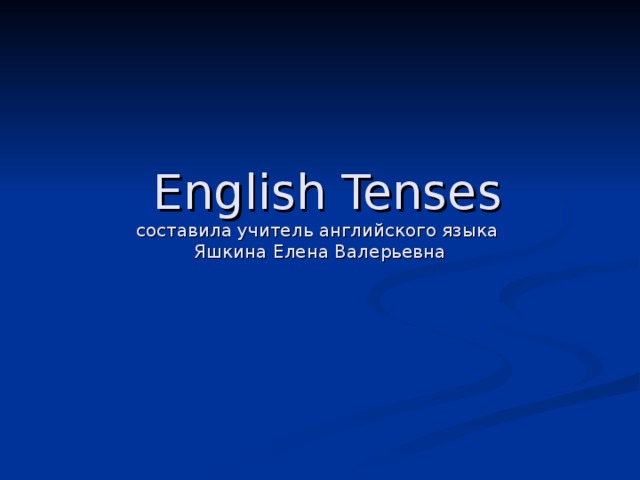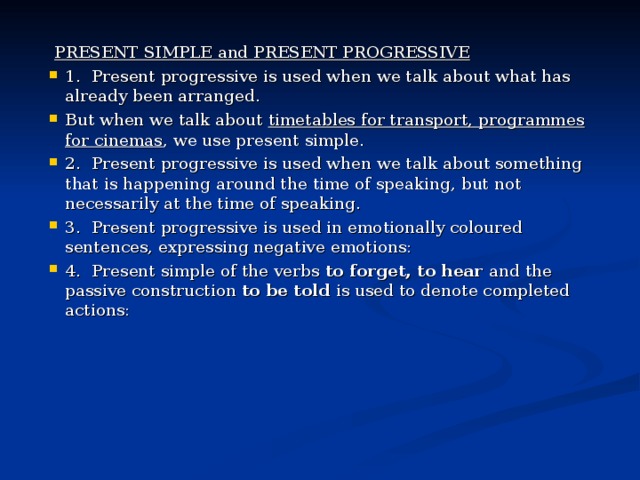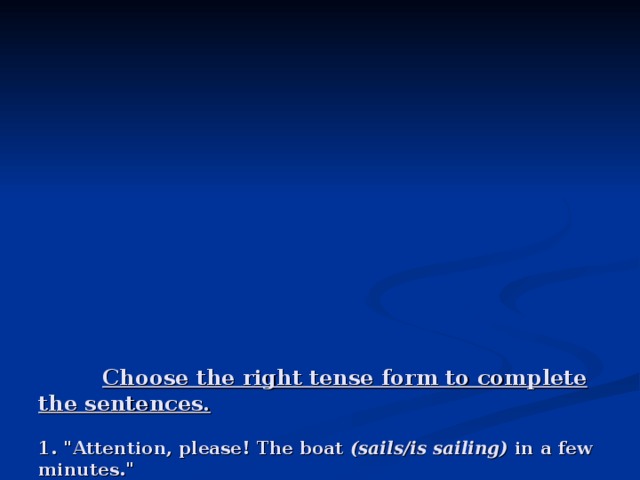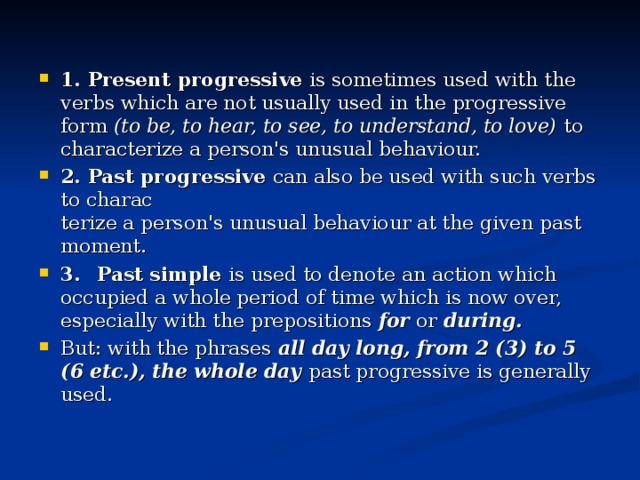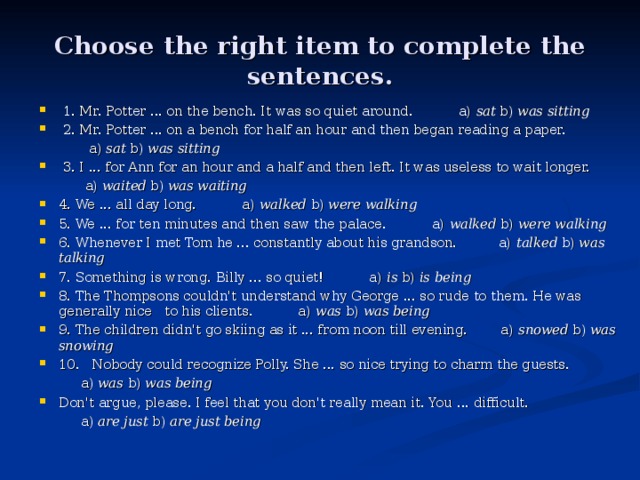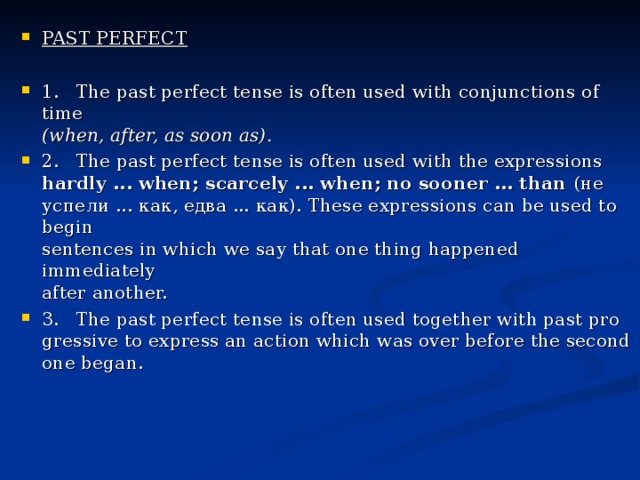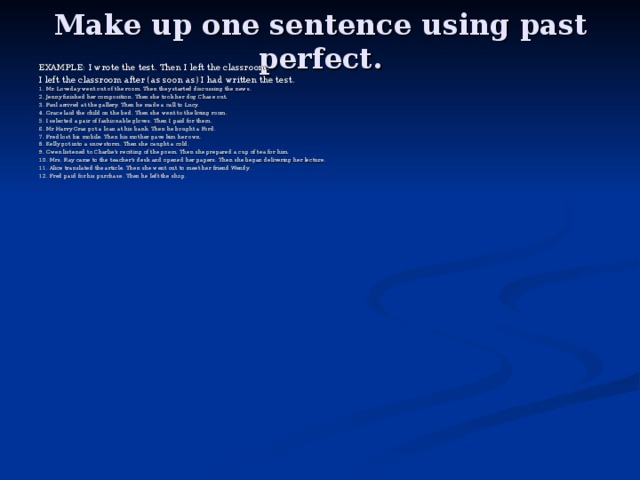Данный материал содержит презентацию к плану–конспекут открытого урока английского языка в 9 классе по теме "English Tenses. Comparison" (Времена английского глагола) по учебнику английского языка авторов О.В.Афанасьева, И.В.Михеева учителя английского языка Яшкиной Елены Валерьевны.
Создайте Ваш сайт учителя Видеоуроки Олимпиады Вебинары для учителей
Презентация "Времена английского глагола"
Вы уже знаете о суперспособностях современного учителя?
Тратить минимум сил на подготовку и проведение уроков.
Быстро и объективно проверять знания учащихся.
Сделать изучение нового материала максимально понятным.
Избавить себя от подбора заданий и их проверки после уроков.
Наладить дисциплину на своих уроках.
Получить возможность работать творчески.
Просмотр содержимого документа
«Презентация "Времена английского глагола" »
Полезное для учителя
Распродажа видеоуроков!
1880 руб.
2690 руб.
1760 руб.
2510 руб.
1880 руб.
2690 руб.
1860 руб.
2660 руб.
ПОЛУЧИТЕ СВИДЕТЕЛЬСТВО МГНОВЕННО
* Свидетельство о публикации выдается БЕСПЛАТНО, СРАЗУ же после добавления Вами Вашей работы на сайт
Удобный поиск материалов для учителей
Проверка свидетельства
